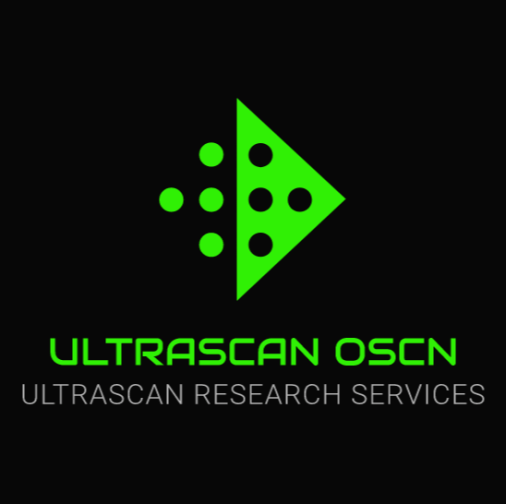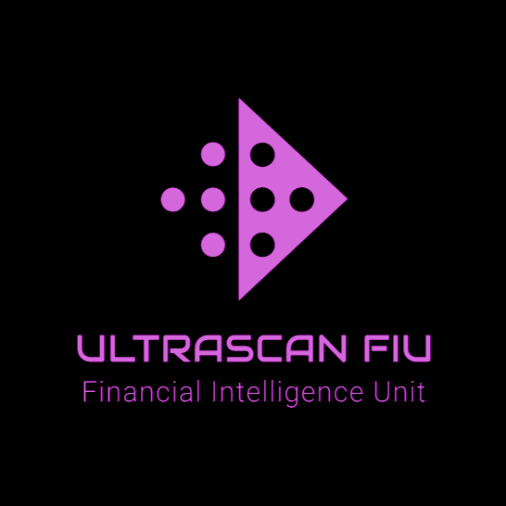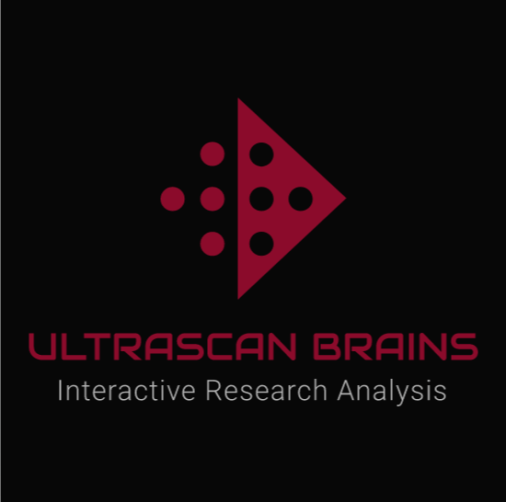ULTRASCAN RESEARCH SERVICES
Subsidiaries of international research organization with over 3280 experts in 69 countries
ULTRASCAN RESEARCH
Examples of case research into various topics and alerts from the Ultrascan group and associates
ULTRASCAN HUMINT
Ultrascan HUMINT have primary sources, extensive experience with identifying, locating, mapping, monitoring, analysing and predicting perpetrators of money laundering and the planning, funding, communications and support of terrorism.
ULTRASCAN FIU
Ultrascan FIU Financial Intelligence Unit - A mixture of intelligence gathering, investigations, reputational risk mitigation and Innovative Technology in line of objectives. Focused on external information and stakeholder engagement, to detect exposure to financial crime risk.
ULTRASCAN BRAINS
Intelligence and Analysis. Wander Around in our Detailed Global Interactive Research - Criminal and financial relationships visualized - Non-linear - visualizes knowledge like you've never seen before - AML KYC FIU - Business Solutions - Innovative Technology


